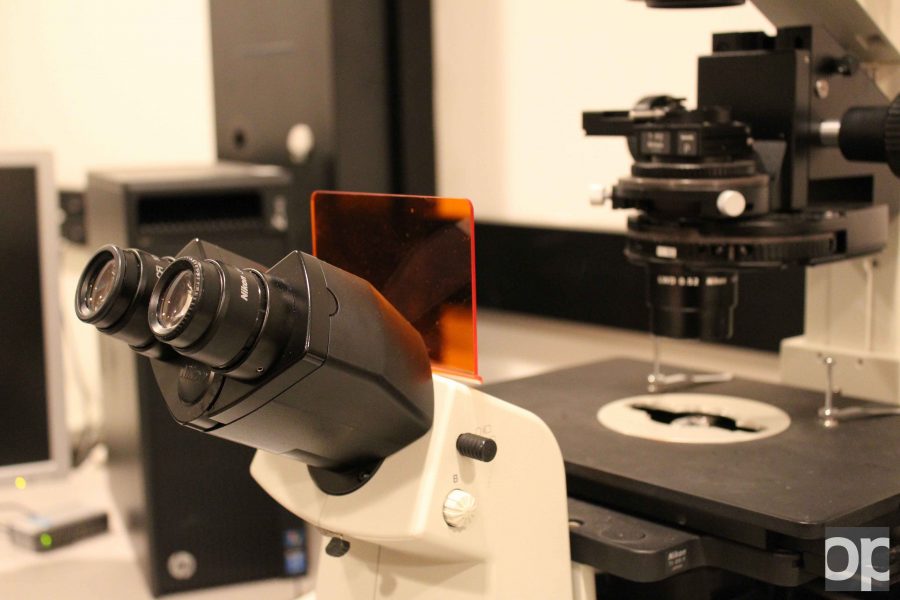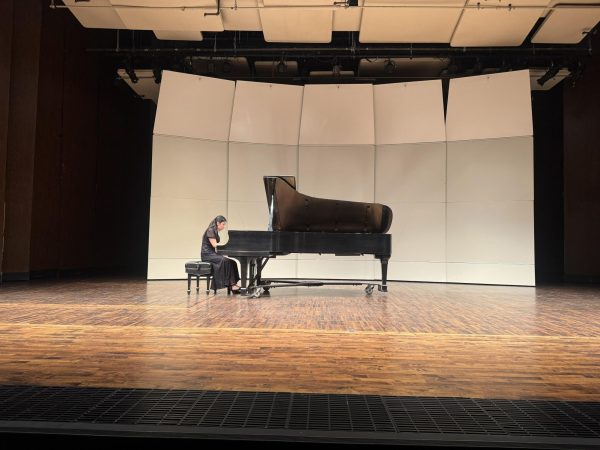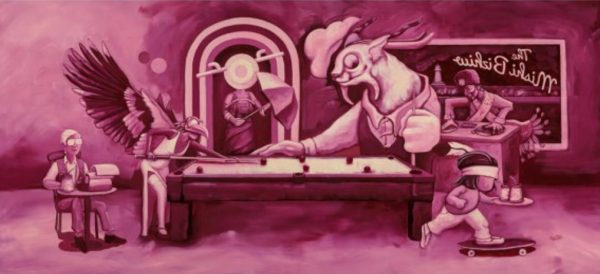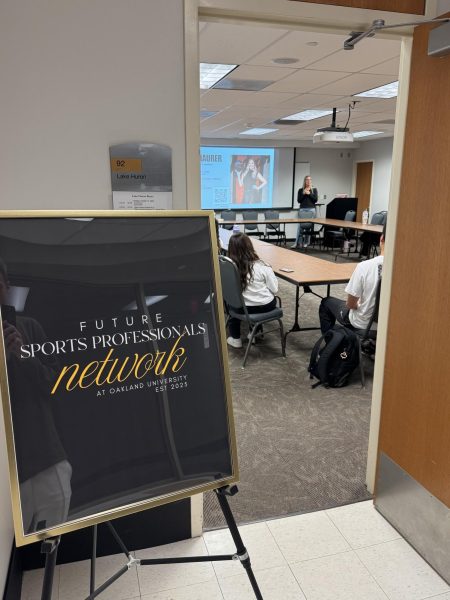Biology professor receives hefty $400k research grant
Research will be done mainly through a database lab in dodge hall.
Evolutionary medicine practices can help explain why we get sick over and over. Many diseases evolve and change, meaning that we can get ill from them more than once.
Fabia Battistuzzi, an assistant professor of biology at Oakland University, recently received a grant of over $400,000 from the National Institutes of Health to study evolutionary medicine using malaria cells.
She will conduct the research using databases over a period of three years, which is about how long a grant this size will last. While doing this research, she may apply for more grants so that the project can continue.
“Research is expensive,” said Arik Dvir, chair of the Department of Biological Sciences. “The university simply cannot sponsor it. When [faculty] start here, we give them a certain chunk of money to get them started, but then they have to get the grants so they can continue.”
He stressed that this grant is something for Battistuzzi to be proud of, since many applicants are unsuccessful in being awarded grants.
“The National Institutes of Health is the main government sponsor for medical research,” Dvir said. “Winning the funding is between a 10 percent to 25 percent chance of getting what you need. So we’re very proud of her.”
Dvir also said that databases are a relatively new way to do research and that Battistuzzi has great knowledge in this area.
Battistuzzi said that unique knowledge is what helped her get the grant in the first place, since the funding is so competitive.
“It had to be something that nobody has done before in terms of research,” she said.
Battistuzzi’s research certainly will be different, since using databases for this purpose is not a common practice, according to Dvir.
“The research will be looking at genomes,” Battistuzzi said. “I’m going to focus on genomes from pathogens that cause malaria in humans and other organisms. I’ll collect them in a database and compare them to one another.”
Battistuzzi said she’ll be allowing students to get involved in the project.
“One of the things that I really like about this grant is that it allows me to hire students, both graduate and undergraduate, to work on it with me,” she said. “They’ll be exposed to a type of research that they don’t usually do. This will increase their experience and put them in a better position later on.”
Dvir said that Battistuzzi takes on about eight undergraduates and two graduates to work with her during each academic year, and those positions may change by year.
Above all, Battistuzzi said it was very exciting for her to know that she’ll actually be able to do her research.
“It was a moment of great joy,” she said. “And of course because they [the grants] are so competitive to get, it’s a very stressful process. So, it was also a big relief to know that I had gotten it.”
Now she’ll be able to put the money to use with the hopes of making progress.
“We want to learn new things and teach students how to learn new things,” Battistuzzi said. “That’s exactly what grants like this allow us to do.”








